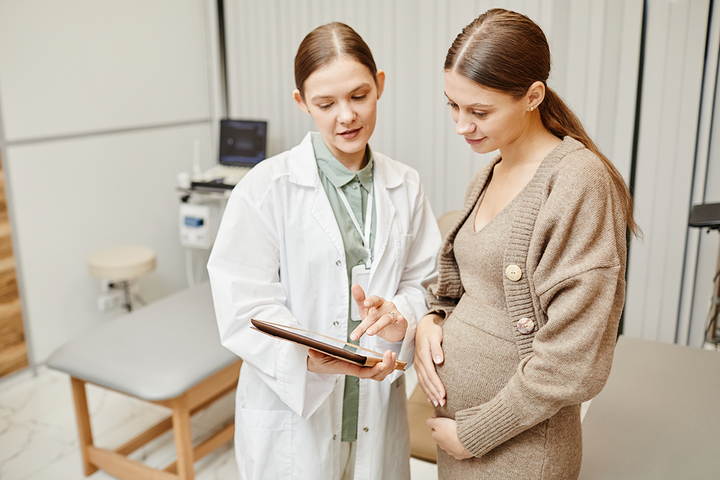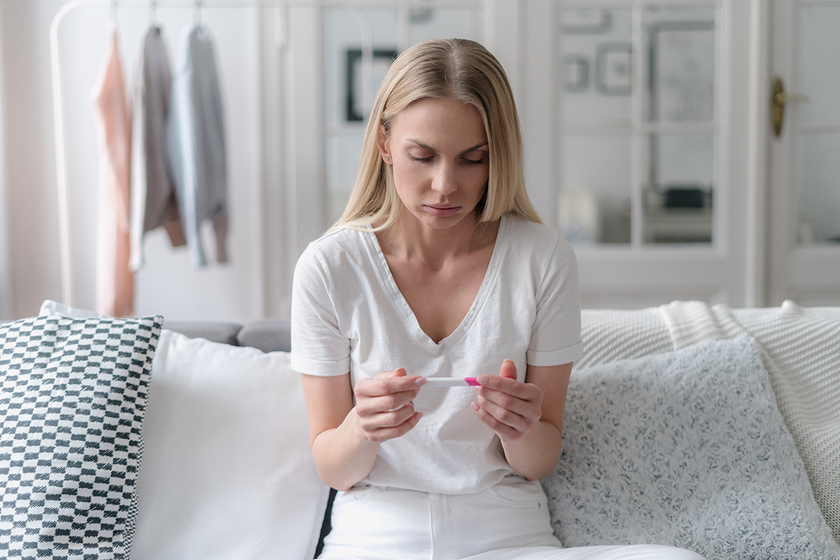Get Help Quickly
Pregnancy Options
At Pregnancy Care Clinic
An unplanned pregnancy can be scary. Pregnancy Care Clinic offers a safe place to turn to where you can find the answers to your questions. We recognize that women have a right to make decisions about the outcome of their pregnancy and sexual health. We are here to help women and their partners make informed and thoughtful decisions. Information contained on this website is not intended to diagnose any condition or pregnancy. It should not take the place of a medical practitioner.

Now Offering STI Testing

Unplanned Pregnancy?
You may have some major concerns about the future if you’re worrying about an unplanned pregnancy. Pregnancy Care Clinic is here to help you work through the situation and provide answers to your questions. We offer all of our services free of charge. Our clinics are safe and caring environments where you can ask questions without judgement. Licensed medical professionals will review the results of your pregnancy test with you and answer any questions you may have. Pregnancy Care Clinic offers real healthcare and real choices. Read some of the comments from past clients by clicking on the link below.
Contact Us for an Appointment
Are You Pregnant? Contact Us Today!
Contact us to schedule a confidential pregnancy appointment! All services are provided free of charge. You may reach us at the numbers listed below or by texting us at (619) 442-0389. With two convenient locations in San Diego county, you are probably within 20 minutes of one of our locations. East County Pregnancy Care Clinic is located in Santee. San Diego Pregnancy Care Clinic is situated south of the 94 highway and just off of the 805 freeway. Northgate Market is across the street from that location.
Contact Us Form
Our Locations
East County Pregnancy Care Clinic
Phone:
(619) 442-4357 Text:
(619) 442-0389
10201 Mission Gorge Rd., Suite K1, Santee CA 92071
- T: 10 AM – 5 PM
- W: 10 AM – 5 PM
- Th: 10 AM – 5 PM
- F: 10 AM – 5 PM
San Diego Pregnancy Care Clinic
Phone: (619) 326-8595 Text: (619) 442-0389
4130 Alpha Street San Diego, CA 92113
- M: 10 AM – 4 PM
- T: 10 AM – 5 PM
- W: 10 AM – 5 PM


